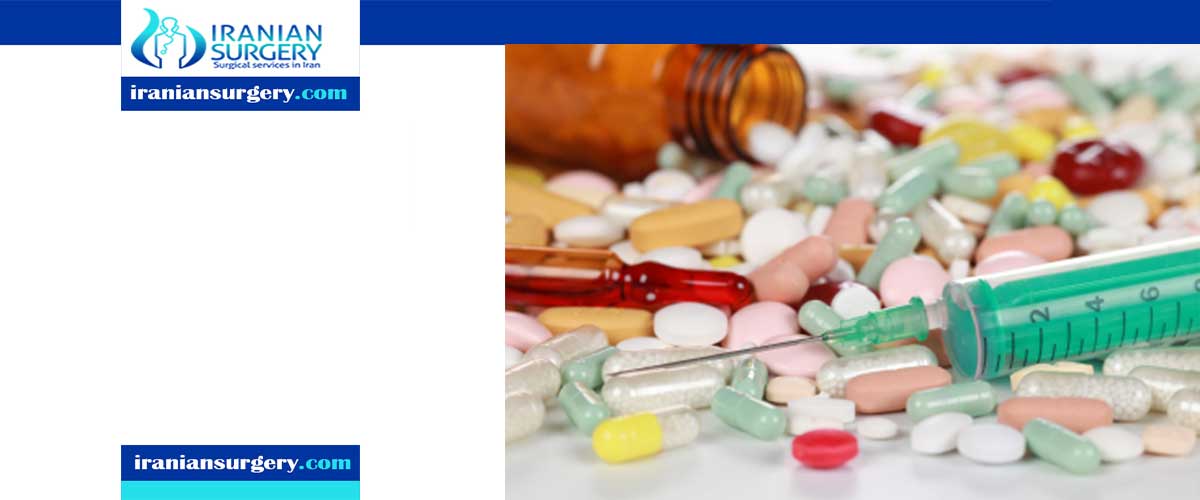Bph treatment drugs

Bph treatment drugs
what are bph (Benign prostatic hyperplasia )medicines?
Benign prostatic hyperplasia (you’ve probably heard it called enlarged prostate) can cause problems such as a weak urine stream or having to pee a lot all day. Some medicines ease these symptoms by calming the muscles in the bladder and prostate. Others stop prostate growth and shrink the size of the prostate.
Medicine is now the most common way to treat men with mild to moderate BPH. Researchers are still learning about long-term effects and when drugs can be most helpful. Talk to your doctor to find out which medicine may be best for you.
Alpha Blockers
These work by relaxing muscles in your bladder and prostate, which makes it easier to pee. They don’t change the size of your prostate, but they do help with urine flow, waking at night to pee, and other symptoms. And you won’t have to wait long to see results; they usually work right away.
Most people take alpha-blockers for BPH long-term, often for life. These drugs can give you relief quickly. They work within a few days or couple of weeks of when you start taking them.
Alpha-blockers for BPH include:
- alfuzosin (Uroxatral)
- prazosin (Minipress)
- terazosin (Hytrin)
- doxazosin (Cardura)
- silodosin (Rapaflo)
- tamsulosin (Flomax)
Alpha-blockers are often also used to lower blood pressure. They help keep your arteries open to improve blood flow. Because these drugs lower blood pressure, they may cause lightheadedness or dizziness in people who take them for BPH. For this reason, you should stand up slowly from sitting or lying positions, especially during your first few days of treatment.
You may fall due to low blood pressure during treatment with these drugs. Other common side effects can include:
- nausea
- headaches
Alpha-blockers do not slow the growth of the prostate. If your prostate continues to grow, your symptoms may become more serious or harder to manage, even if you’re taking medications.
10 common questions about Bph treatment drugs
[kkstarratings]


